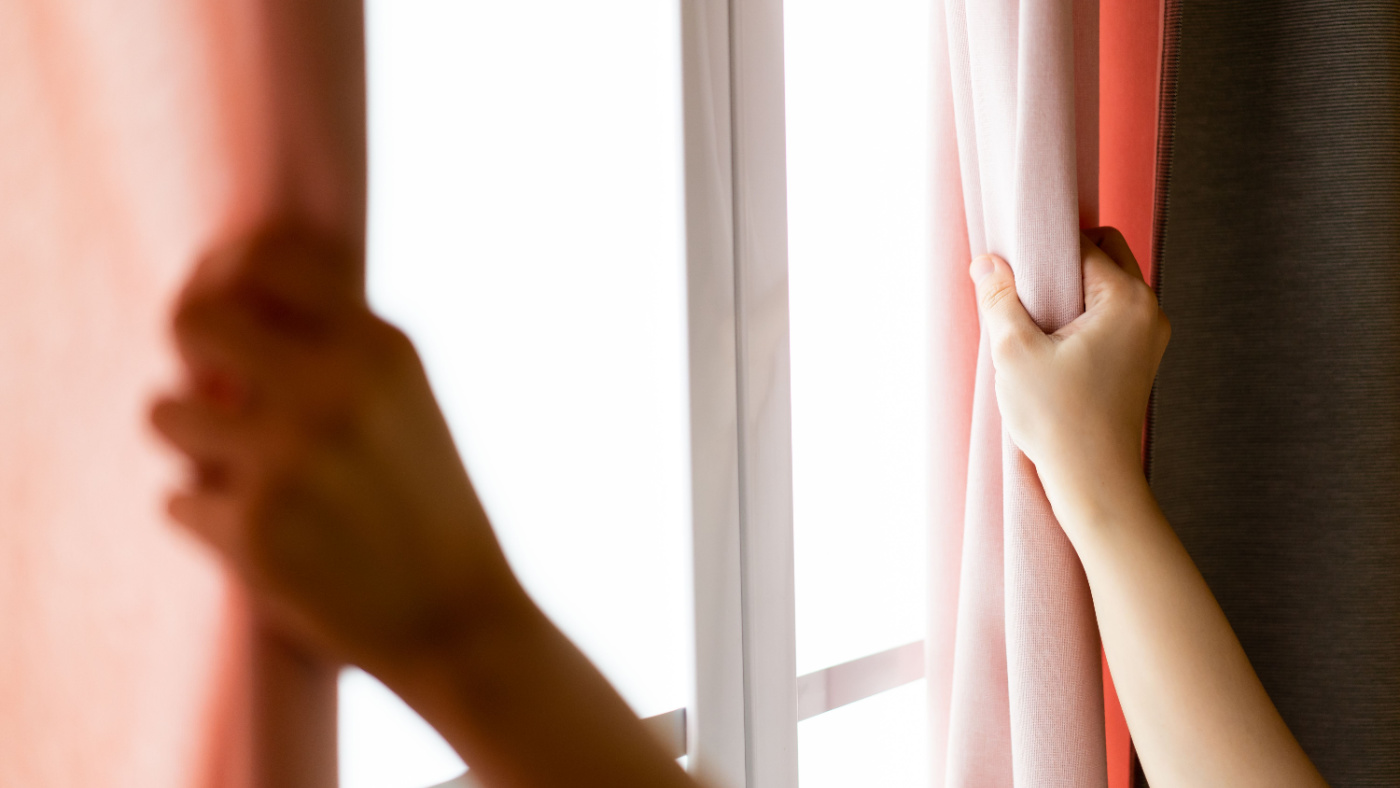Light nights – great for barbecues, not so good for bedtime!

What’s not to love about summer? Sunshine, time outside, light nights – wait, light nights? Now added to the list of ‘great before children, now... not so much’.
As an adult, long, lazy evenings spent in that syrupy summer evening light are truly glorious. But the light nights might not seem quite so relaxing now that you find yourself trying to get through your usual bedtime routine with a young child who won’t be persuaded it’s time for bed when the sun is clearly still very much up and peeping through the curtains just as it might at midday on an especially bright winter’s day.
Sunshine at bedtime? No wonder sleep is tricky
If you’re noticing your child is finding sleep more evasive than usual at this time of year, don’t worry. Sleep for all of us can feel harder when we have so many hours of daylight, and it can feel confusing that it’s still so light at bedtime. As a young child, I remember being completely outraged when my parents told me it was time to hit the hay during the summer. The sun was quite clearly still beaming into my bedroom, and the garden was bathed in sunshine and ready to play in – what kind of fool did they take me for?!
Thinking back, I realise we definitely didn’t have blackout blinds, so that’s the first thing we wholeheartedly recommend. You can even buy portable blackout curtains with suction cups that adhere to windows, so that you can take them with you easily on holiday. Definitely a worthwhile investment! It’s important to check that the blinds you use are safe for your child, so please check the advice at Gov UK here Check your blind cords and keep your home safe - GOV.UK (www.gov.uk)
Other than ensuring the room is as dark as you can make it, you can also help your child to feel sleepy by making sure you get outside as much as possible during the day.
Spending time outside[1]
Having access to natural light during the day regulates the hormones that help your child feel awake and sleepy at the right times.
Plenty of stimulation during the day (including lots of time to move)[1]
What your child does during the day will help them to sleep well, so chatting, playing and having time to move each day all helps – although also think about having a bit less stimulation as it gets closer to time to sleep or rest.
Mealtimes not too close to bedtime[2]
Food can have an impact on sleep and while some children sleep better if they have a snack before bedtime, a large meal close to bedtime might make it more difficult to get to sleep.
Having sugar close to bedtime can give your child a burst of energy, so you might find it helps to avoid fruit as a bedtime snack.
It won’t last forever
Try not to worry too much if your child’s sleep seems to be a bit erratic or unpredictable this summer solstice. As long as you are providing them with as dark a space to sleep as you can, there isn’t much anyone can do about the light nights, and they can’t help it if they find it confusing.
So, don’t worry if your child has a few later nights than usual. Rest as much as you can and remember to be kind to yourself if you’re feeling tired.
References:
[1] Hertfordshire Community NHS Trust (no date). Sleep: A guide for parents. Available at: https://www.hct.nhs.uk/media/4734/sleep-booklet.pdf
[2] The Sleep Charity (2020). Diet and Sleep. Available at: https://thesleepcharity.org.uk/information-support/children/diet-sleep/